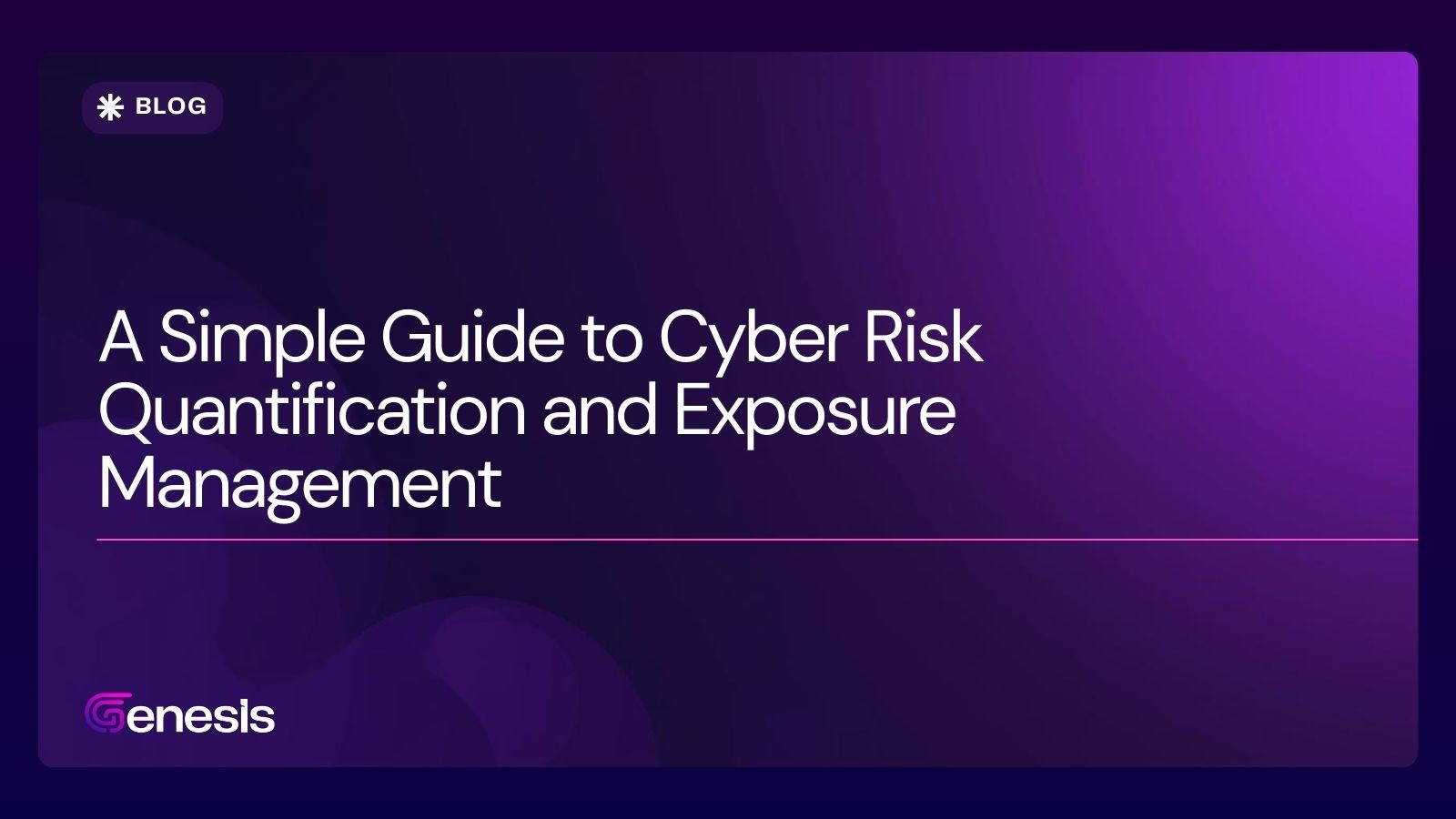Dec 21, 2022

Tanay Rai
The banking and finance sector is a vital pillar of the global economy, but it is also highly susceptible to cyber threats. Financial institutions, given the valuable data they handle, are prime targets for cybercriminals. Weak cybersecurity can jeopardize the integrity of these institutions, affecting customer well-being and compromising overall security architecture.
Notable Cyber Threats in the Banking and Finance Sector:
Ransomware: These attacks lock or encrypt crucial data until a ransom is paid. The frequency of ransomware attacks has increased significantly, with entire financial organizations often being targeted, leading to massive disruptions.
Phishing Attacks: Phishing attempts aim to deceive individuals into sharing sensitive information such as passwords or credit card details. Banks are especially vulnerable, as attackers often target employees with access to valuable data.
DDoS Attacks: Distributed Denial-of-Service attacks flood systems with traffic, making them inaccessible. These are particularly dangerous for financial institutions that rely on constant network availability.
Risks from Remote Working: With the shift to remote working, employees accessing data outside a secured network increases vulnerabilities, requiring organizations to adopt stricter security measures.
Advanced Persistent Threats (APTs): APTs are sophisticated, multi-stage attacks aimed at infiltrating systems over extended periods, making them particularly dangerous for banks, which handle sensitive financial data.
Conclusion:
The banking and finance industry faces a wide range of cyber threats, each with the potential to cause significant disruption. Ensuring robust cybersecurity measures is essential for mitigating these risks.
About Genesis:
Genesis is a cyber risk management platform that integrates attack surface and third-party risk management into a single solution. It helps businesses monitor their cybersecurity posture, reduce vulnerabilities, and proactively predict potential breaches through a comprehensive risk scoring system.







